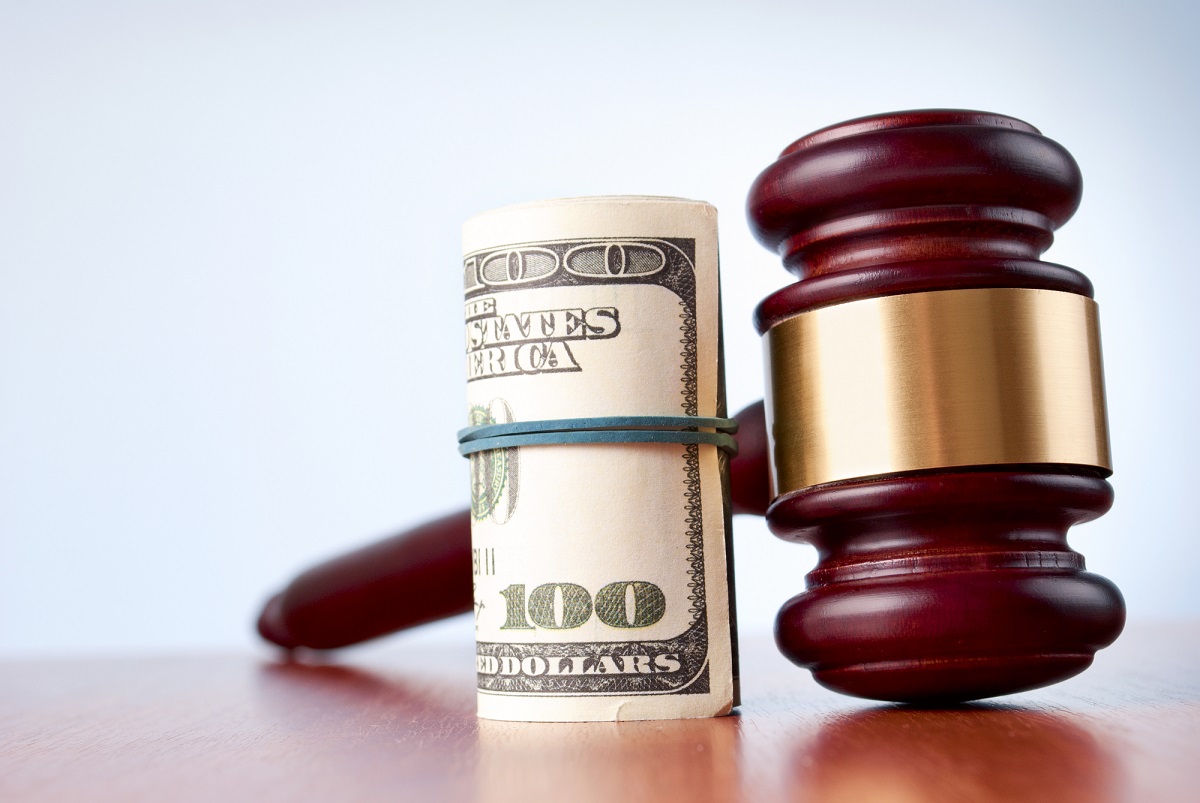A Comprehensive Guide to the Financial and lawful Facets of Bail Bonds
The elaborate world of bail bonds serves as a crucial part within the legal system, yet it commonly remains shrouded in secret for several individuals. This overview dissects the legal structure and financial ins and outs that define bail bonds, losing light on the critical duty of bail agents and the numerous bond types offered. Understanding the monetary implications, such as non-refundable premiums and possible collateral loss, is necessary.
Understanding Bail Bonds
Browsing the complexities of the legal system often calls for a clear understanding of bail bonds. Fundamentally, a bail bond is a monetary assurance to the court that the defendant will certainly appear at all required hearings.

The bondsman presumes the danger, making sure conformity with court appearances - bail bonds richland county. This system allows for the harmonizing of private liberty with the assurance that justice can be offered, assisting in a much more efficient legal process
Lawful Framework of Bail
The lawful framework of bail is intricately structured to stabilize the rights of the implicated with the rate of interests of public security and the integrity of the judicial process. At its core, bail functions as a device to ensure that accuseds return to court while waiting for trial, without the requirement for pretrial apprehension. The Eighth Change of the United States Constitution forbids excessive bail, therefore protecting versus vindictive pretrial steps that would unduly limit an individual's liberty.
Juries play a crucial function in figuring out bail, thinking about factors such as the nature and extent of the crime, the offender's criminal history, likelihood of flight, and prospective threat to the community. This optional power aims to tailor bail decisions to specific scenarios, promoting justness while maintaining public security. Territories may have certain laws and standards that better define the conditions under which bail is appropriate.
Moreover, the lawful structure incorporates various types of bail, including cash money bonds, surety bonds, and personal recognizance, each with distinctive demands and effects. Current reforms in some territories have actually sought to attend to systemic inequalities by lowering dependence on cash bail, consequently emphasizing non-monetary problems that line up much more very closely with concepts of justice and equality.
Duty of Bail Brokers
While the legal framework of bail sets the phase for judicial discretion, bail representatives play an essential duty in the practical performance of the bail system. These specialists, additionally called bail bondsmensman, work as middlemans between the court and the implicated, promoting the release of defendants from guardianship pending trial. By issuing guaranty bonds, bail agents assure the accused's look in court, properly thinking monetary duty if the private stops working view to appear.
Bail agents possess a deep understanding of the legal processes and requirements for publishing bail, giving very useful advice to offenders and their households throughout what can be a difficult duration. They examine the risk connected with each offender and determine whether to release a bond based on different factors, consisting of the nature of the alleged criminal activity, the accused's criminal background, and connections to the neighborhood.
In addition, bail representatives often utilize techniques to ensure conformity, such as normal check-ins or using monitoring tools. Their involvement is pivotal in keeping the balance in between individual legal rights and public safety, as they enable the judicial system to function efficiently by making sure offenders are present for their court process without unneeded pretrial apprehension.
Financial Considerations
Bail bonds offer as a financial assurance to the court that the accused will appear at all called for hearings. When bail is unaffordable, offenders commonly transform to bail bond agencies.
Collateral may additionally be required, which can consist of assets such as real estate or cars. This makes certain the bail bond company can recoup its losses if the accused stops working to show up in court. It is important for families to assess their economic situation before dedicating to a bail bond, as failure to adhere to court appearances can result in the forfeit of collateral.
Along with the costs and security, defendants must take into consideration any kind of extra charges that a bail bond company might bill, such as administrative or processing charges, which can even more influence their monetary liability. Recognizing these financial commitments is important to make enlightened decisions.
Duties and threats
Engaging with a bail bond firm introduces both risks and duties that defendants and their households have to thoroughly consider. By protecting a bail bond, the offender or their family members pledges to pay a non-refundable fee-- normally 10% of the bail amount.
If the defendant falls short to appear in court, the co-signer risks hop over to these guys shedding this security. In addition, they might have to cover any type of costs incurred by the bail bond agency in their initiatives to collar the defendant and situate.
An accused who misses court appearances can encounter arrest Learn More Here and extra fees. Understanding the complete extent of these obligations and threats is crucial for anybody taking into consideration the bail bond procedure.

Verdict
The lawful and financial complexities of bail bonds require an extensive understanding of the mechanisms controling bail, including the functions of bail representatives and the different kinds of bonds readily available. This detailed understanding aids in browsing the complicated landscape of bail and its linked obligations.
A bail bond agency, usually a personal business, provides a guaranty bond to the court, covering the full bail amount in exchange for a charge, normally 10% of the overall bail.
